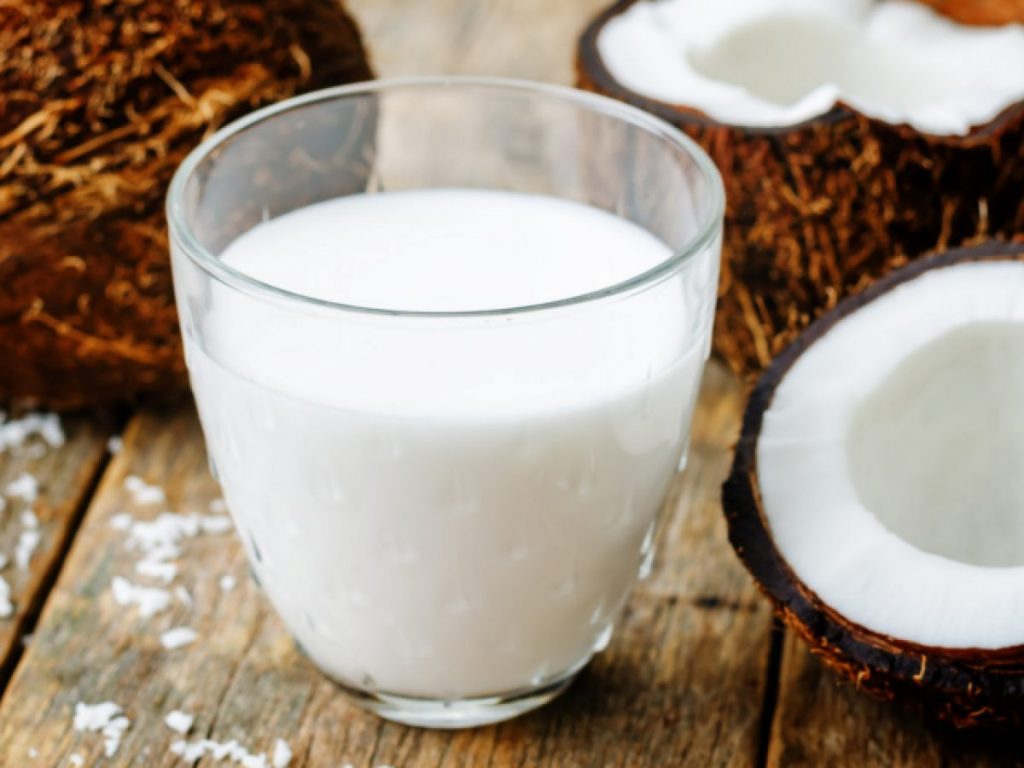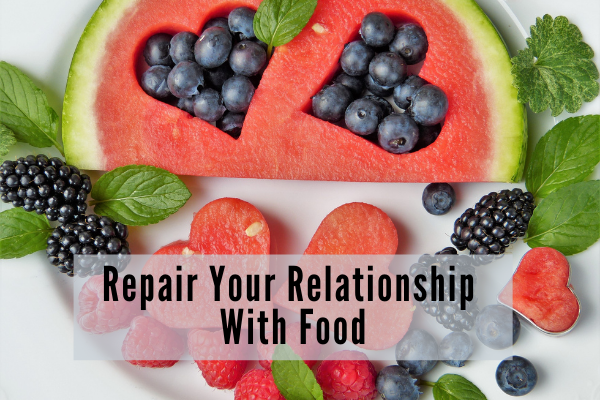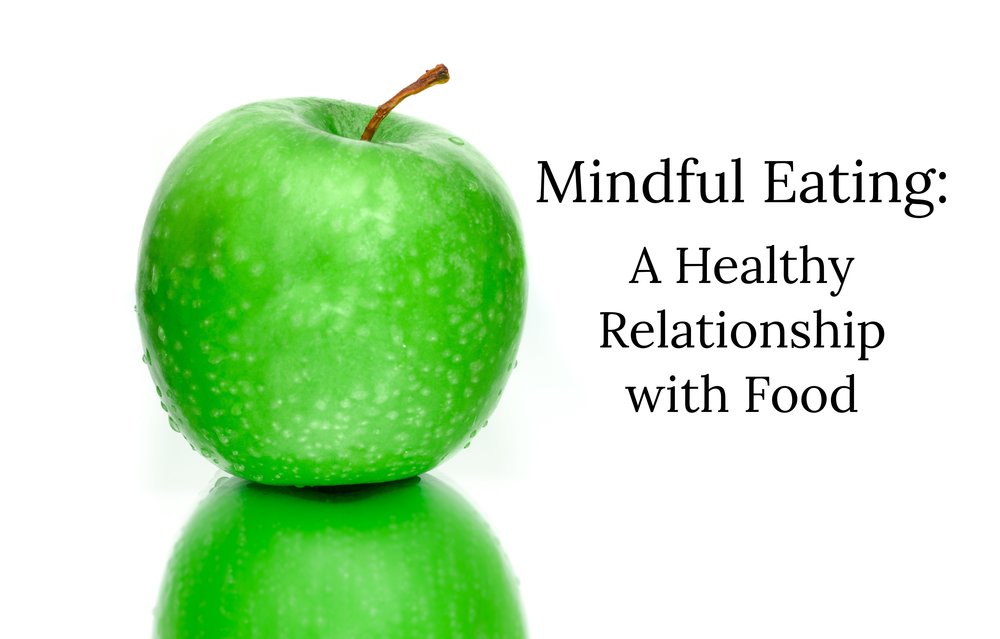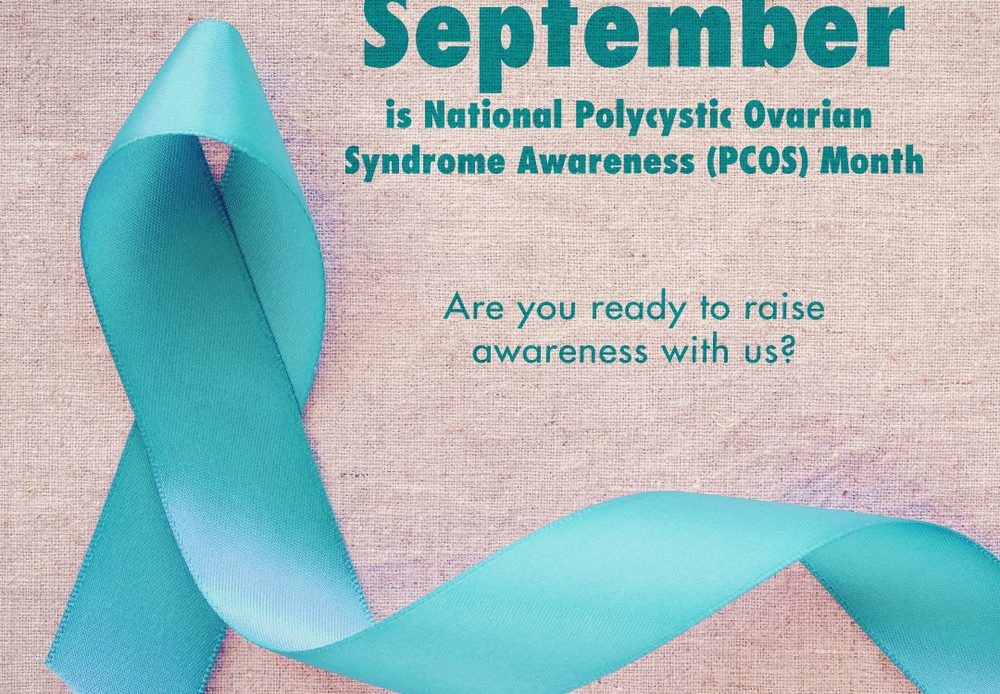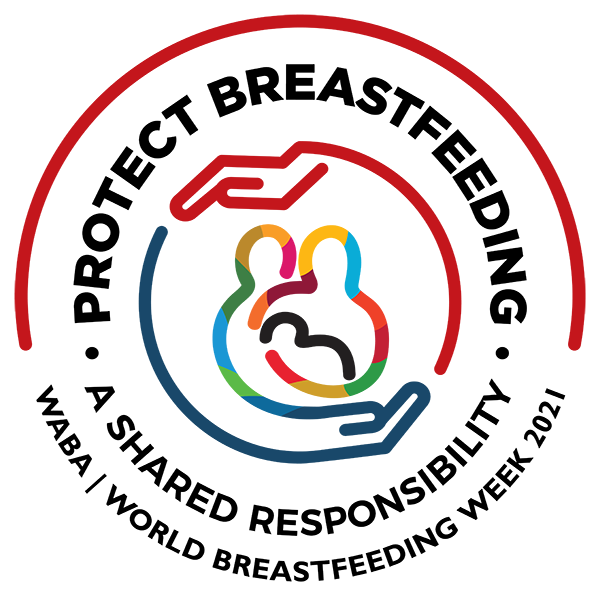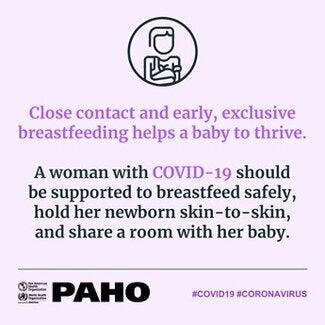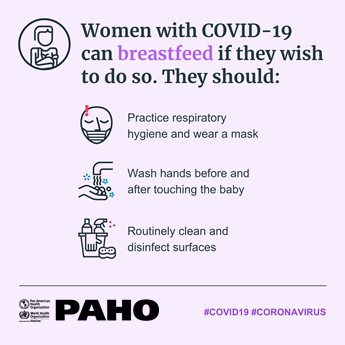6 emotions parents and guardians of children with disability go through
We often do not mind disability until it comes knocking at our doorstep. Everyone as long as we live is liable to interfacing with a disability at one time, either by it happening to us, to our very own, or to one we know.
In my line of work, I work very closely with children that have a disability (usually one that affects feeding) but it breaks my heart that usually these parents and guardians feel that during the course of their life, they must have stepped someone’s toe and they have to pay for it that way. The bitter truth is no one is shy of disability. Anyone like I said can interface with disability at any point in their life.
It is our duty to be empathetic to these persons, not sympathize please, it sucks but emphathetic. Today I am just here to mention that having a child with a disability is difficult, there are so many emotions at play without enough time to process them. In my book, Differently Abled Nutrition (you can order a copy here); a book I wrote for parents and guardians who have children that have a disability that affects feeding, I talk about these emotions in detail and so much more.
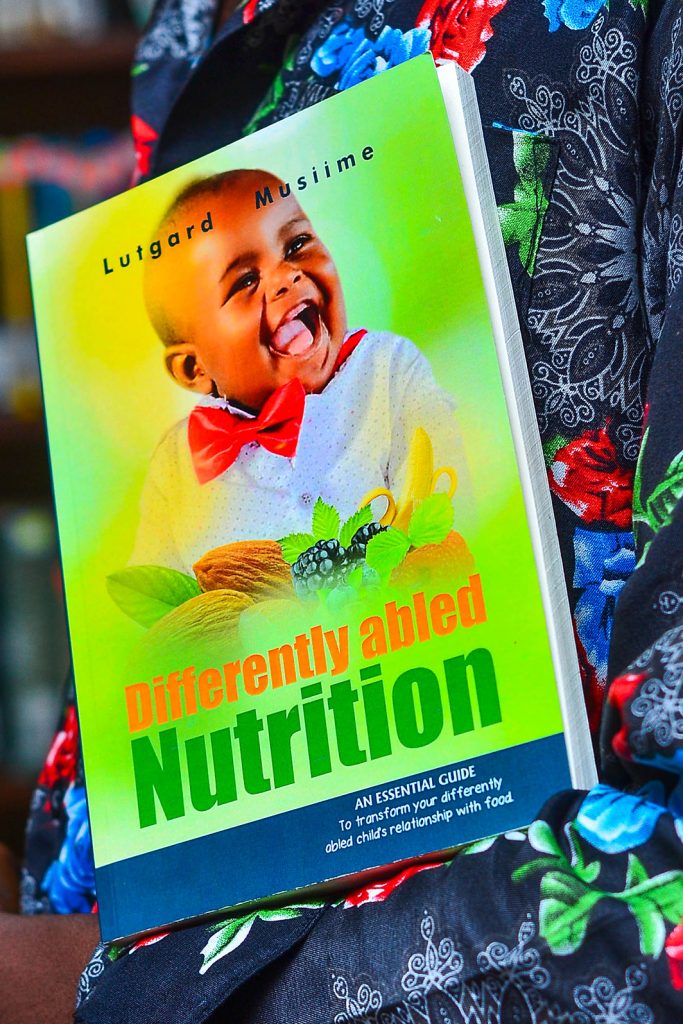
Dear parent, your emotions are valid
Denial
This is where it usually begins. You sit across that table and the doctor breaks the news that your bundle of joy is going to be a little bit atypical. Or your child is growing and not hitting the milestones as expected only for the physician to break the news that there will be some delays, the first ship you often the board is the denial ship.
Denial is refusing to acknowledge or accept that your child has a disability. First, there is blame apportioned to self and for some pregnant women whose child has not yet seen the face of the earth battle depression and the thoughts of not continuing through with the pregnancy increase. It is only sad that some of our colleagues in the practice only fuel these thoughts but offering the option to terminate the pregnancy. My dead one, this emotion is valid, just don’t stay there, don’t walk alone
Anger
Anger and denial are siblings who often ride together. Many times when this news is broken, you do not throw a party in your backyard. Questions like ‘why me?’, ‘what didn’t I do right?’, e.t.c run through your mind over and over again. When the stress becomes too much, it then boils into anger. The anger can be shown outwardly in form of rage or it can get one to withdraw due to the overwhelming feelings of guilt and shame. Displacement of anger is often seen among parents expressing itself through verbal attacks on anyone who may blame them for their ‘unfortunate’ circumstances.
This emotion too is valid my dear one, normal and purely understandable as a way of acknowledging the injustice that has been done on your child. The important thing here is to try and find some balance not to be carried away. This is most likely not done alone. The sad reality is that many marriages crumble at this point so try and find help
Fear
Fear is defined as an unpleasant emotion caused by the threat of danger, pain or harm. This is another emotion that is very common and perfectly valid. Fear often arises from the uncertainty of what to expect in the future as the child grows. It is burdensome for a parent to know that they are their children’s only defence and protection and when they are away from the child despite them growing into an adult, the child is vulnerable to attack, mockery, ridicule and difficulty in living. The imagination of society’s rejection for their little one coupled with the health challenges bound to be faced leaves parents gripped with fear.
This emotion usually breeds bargain where parents begin an unending journey of looking for a permanent cure or miracle to return their child to normalcy. Unfortunately many are ‘duped’ of even the little resources they have in exchange for empty promises.
Grief
This emotion is filled with a tremendous sense of loss that parents feel upon learning of their children’s apparent disability. This emotion just like the ones above is valid. We usually spend a lot of our lives making dreams that we would want for our children when the time comes so anything that interrupts this dream is extremely unsettling and brings with it a lot of grief. Allow yourself go through this emotion, try not to fight it, get help if it is possible but most importantly, do not stay there.
Guilt and depression
This emotion is often caused by the constant challenges parents and guardians face as they care for their children who have a disability ranging from social isolation, financial strain, outright exhaustion, feelings of confusion. Often time if these feelings remain and the person does not find relief, they can fall into deeper depression which could manifest in form of insomnia, fatigue, low self esteem, social isolation, changes in appetite to mention but a few. Valid an emotion as it is, it is important to seek help as it comes with compromised mental health for the parent.
Acceptance
Of all emotions, I love to call this the ‘happy emotion’. At this stage, the parent begins to dream again. They have gone through lots of emotions and have tasted the grief and fear, processed them well enough to know that all is not lost and they can dream again. At this stage, they are fully involved in the child’s life and activities, fully mastered their communication traits and can understand their emotions. Life becomes as normal as it can get and if there are siblings at home, they have fully understood how to handle and deal with their brother or sister. This is a grateful phase where parents are thankful for every step reached.
In conclusion
There is no definite line to demarcate the end and beginning of an emotion. They keep over lapping each other, a roller coaster of sorts and one often circles from one emotion to the other. There are always good emotional and bad emotional days, but when the good days outweigh the bad emotional days then we can comfortably say that we are good to go. It takes time but allow yourself to experience every emotion without feeling guilty. Try as much as possible to get all the help you need, but most importantly do not walk the journey alone.







